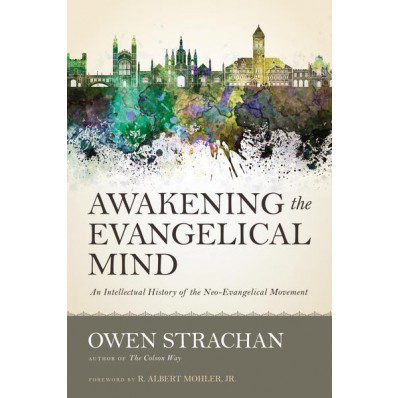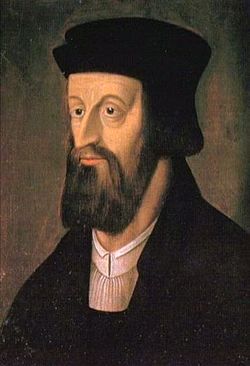 The New York Times published a piece a bit ago on the writing of the third volume of William Manchester’s biography of Winston Churchill. It’s quite a story. Here’s an excerpt:
The New York Times published a piece a bit ago on the writing of the third volume of William Manchester’s biography of Winston Churchill. It’s quite a story. Here’s an excerpt:
Manchester would have been a hard act to follow for even a much more seasoned writer. Back in the late 1970s, he began his biography of Churchill for what would end up being a $1 million advance. Then a writer in residence at Wesleyan University in Middletown, Conn., Manchester was the author of more than a dozen major works, including “The Death of a President,” the landmark 1967 study of John F. Kennedy’s assassination, and biographies of Gen. Douglas MacArthur (“American Caesar”) and H. L. Mencken (“Disturber of the Peace”). He was also an outsize personality, known for writing sessions that lasted as long as 50 hours and for turning out books at a metronomic clip.
Each Churchill volume took Manchester four years to write, but the second was much more difficult for him. Unknown to Manchester’s friends, admirers and, perhaps most important, his publisher, Little, Brown & Company, he had begun to struggle with writer’s block. For years, it had been what he feared most, telling at least one intimate, “I’ve been lucky so far.” Then, in March 1985, Manchester confessed in a note his son found among his papers: “For the first time in my life, I have a writer’s block. It is a real crisis. In the past three weeks, I have written exactly four pages. It is very painful.”
If you’re a bit weird like me, and you like reading about writing and the writing process and elite public historians, this article will be fun for you.
I have this third volume on my shelf and will be tackling it very soon. It’s clear to me that a generation of historians with grand vision is passing from the scene. One thinks also of Robert Caro and David McCullough along with Manchester. The older generation of historians believed in tackling big projects, telling big stories, and did not shy away from covering whole eras in sweeping detail. I love this school of history; history in the grand style. I also enjoy academic history; in fact I enjoy it a great deal, especially the way it allows for the arguing of ideas. But I have a great passion for public history, too.
I’m thankful that this project was in fact completed, and I hope that reading this volume inspires courage in many readers.











